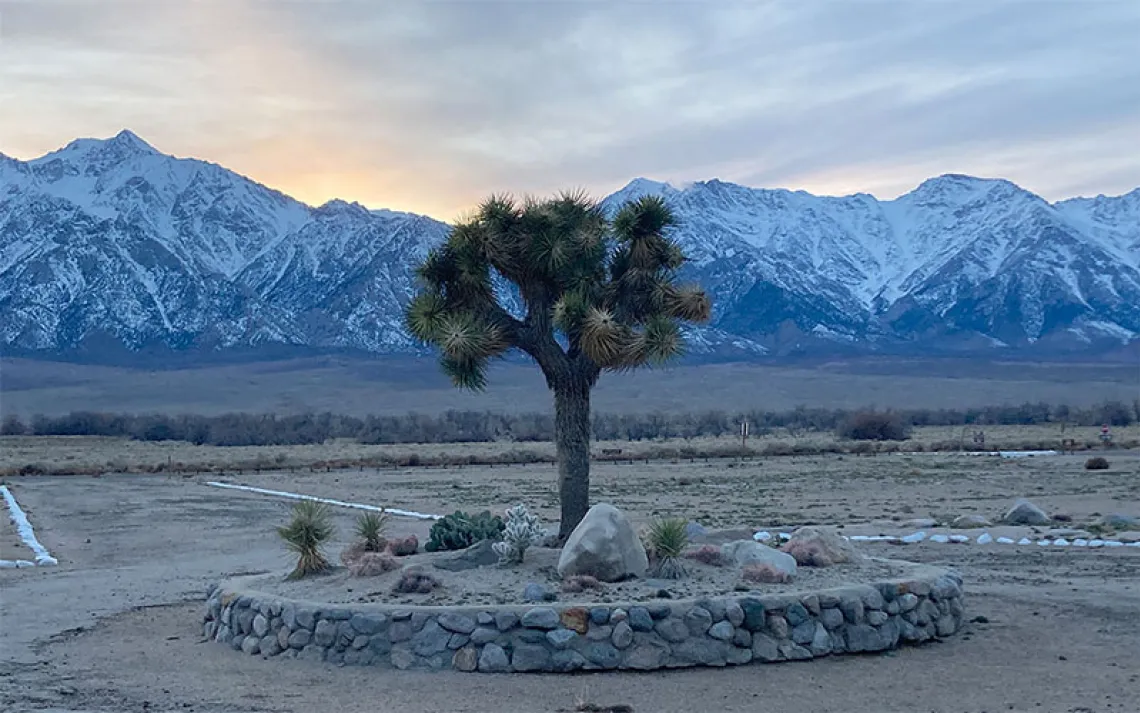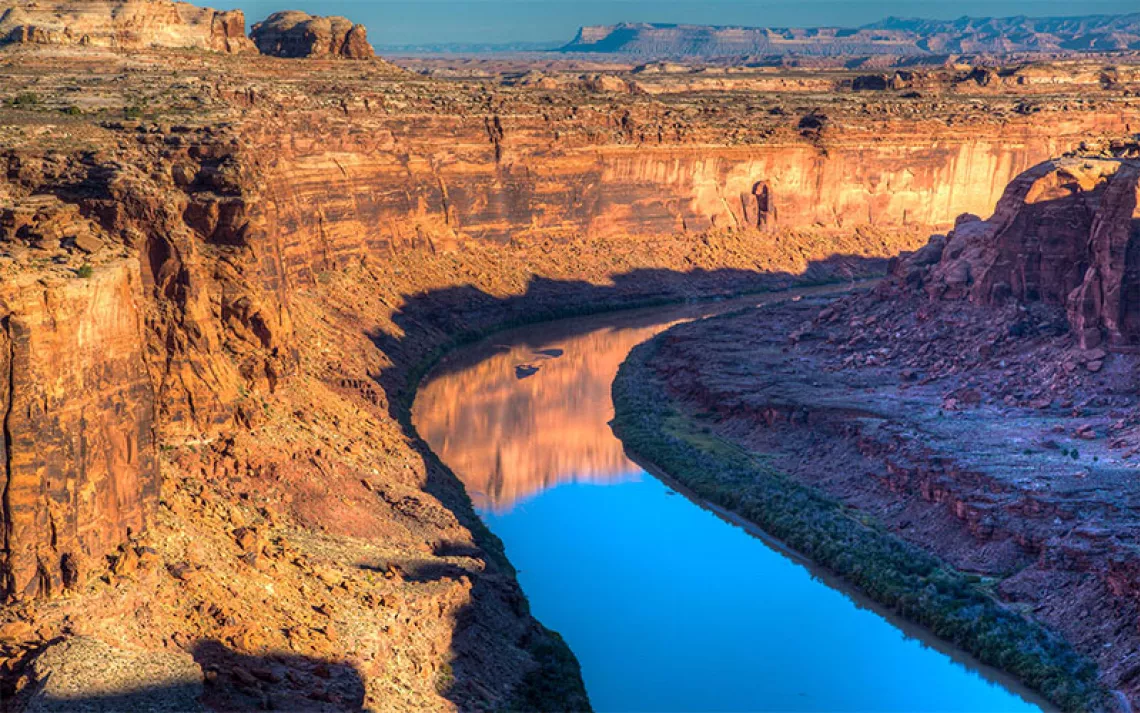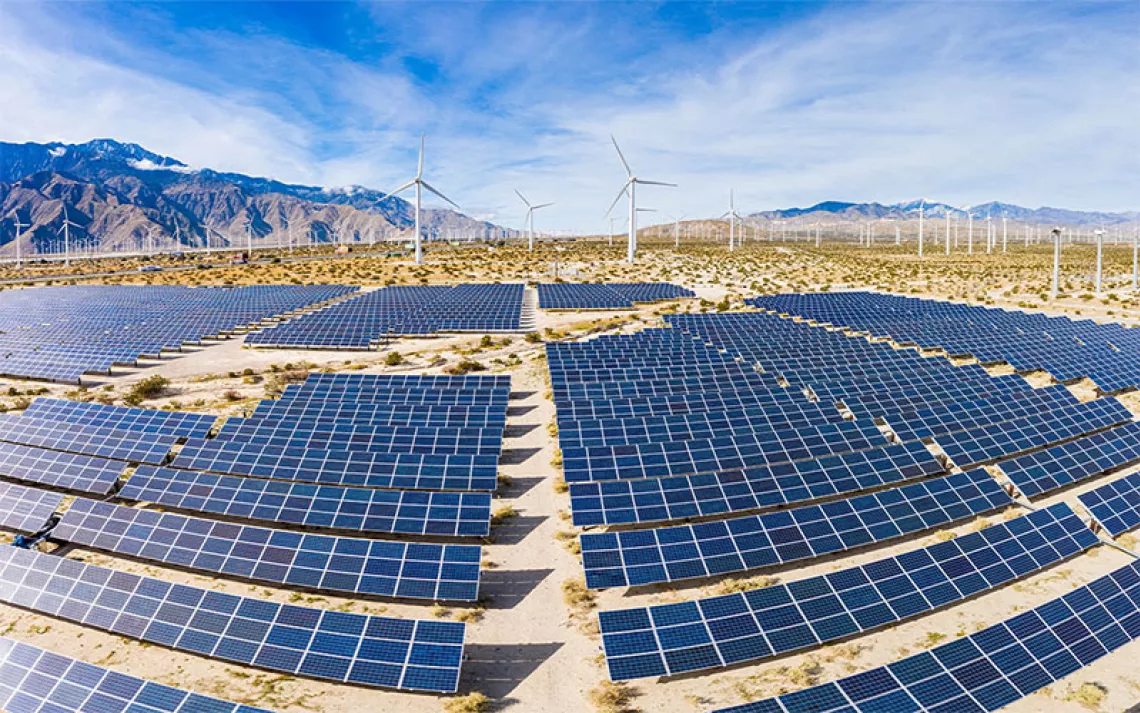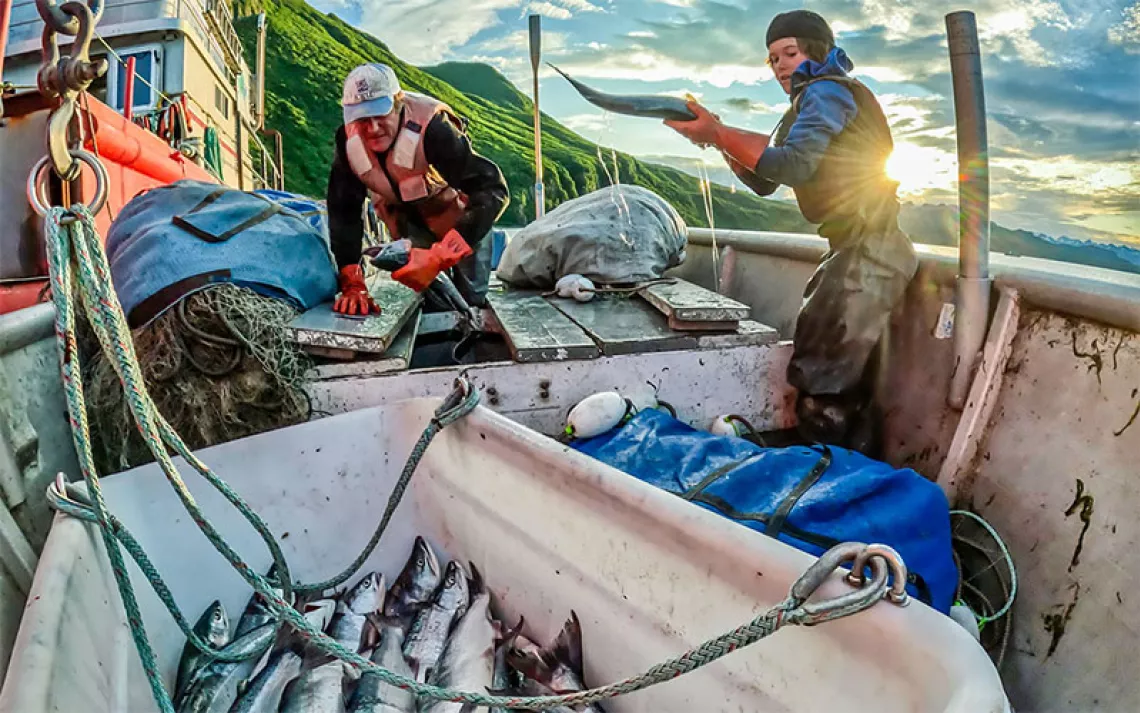We Were Poor, But the Beach Was Ours
Kaitlyn Greenidge on why America needs public beaches
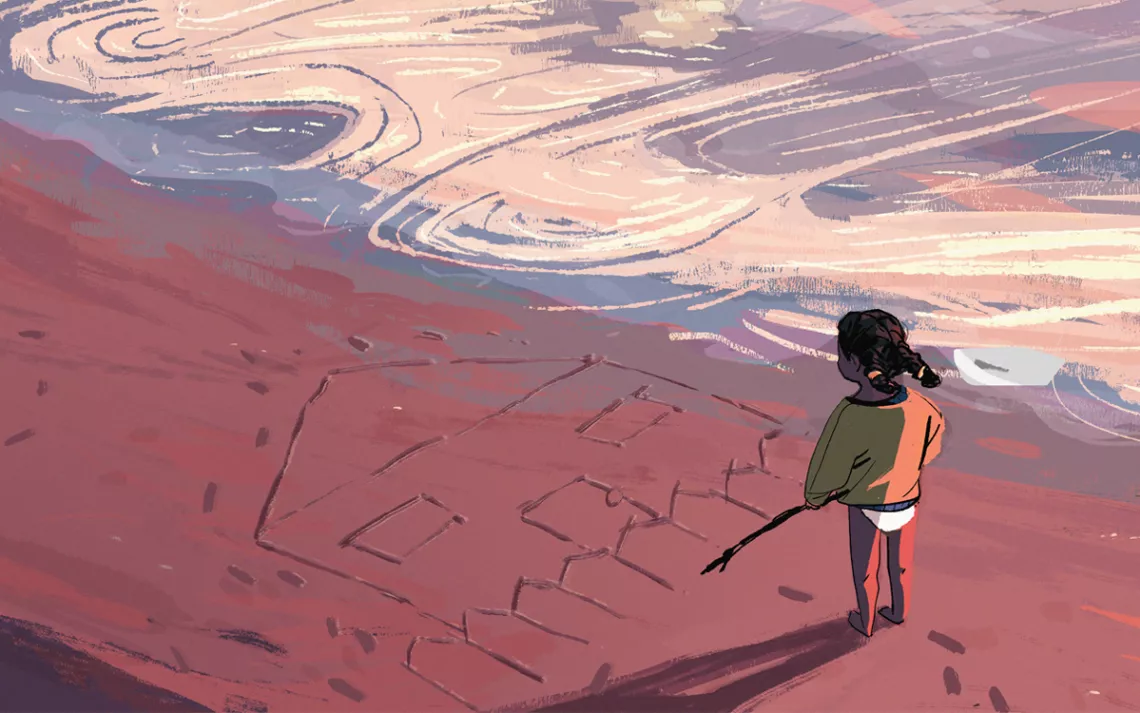
Illustration by Sara Alfa
I feel the freest when I'm standing in the ocean. Specifically, when I stand at the shoreline, just as the waves begin to get rough, preferably at the time of year when the Atlantic is noisy and mischievous, in the late spring or sometimes in July. When I can feel the current of the water pulling a million grains of sand over my feet, which have gone nearly numb from the cold. And all of a sudden, as the sand and water and seaweed and rough shells suck past my ankles, a wave rises and hits me full in the face, knocks me down, tumbles me over and over so that sand scratches my face. For a brief moment, I breathe salt and my knees buckle under me. When I'm smart enough to keep my eyes closed, I could swear that I'm flying.
I used to do this for hours at the beach as a kid. We were poor for much of my childhood, really poor, the kind of poor where you aren't sure whether you'll be evicted one month or the next, the kind of poor where your day is made or ruined based on whether you can find 10 dollars. The kind of poor most people despise, where if you're marked by it, it can feel sometimes as if the whole world is getting ready to slap you.
But I grew up in Massachusetts, a state with many pristine public beaches, kept that way through state law. Many of the beaches, you had to pay to enter, but if you were going before the summer season officially started, the guards let you in for free. The same was true in the hot months if you got to the beach in the evening, after the vacationers had tanned and were headed for dinner. So my mother would get off work at six most days and pack a cooler in the car–usually subs and soda–and we would drive to the beach in the last bit of sun.
We were poor, but the beach was ours. It was a space I felt more ownership over, more belonging in, than any apartment or town I'd lived in up to that point. Standing in the water, jumping full into the tumult of waves–it was the physical manifestation of the chaos of living in poverty, except when I surrendered to the water, I could come back up for air, wet and sputtering but made alive by the crashing all around me.
As an adult, I learned of the legacy of beaches and the water. Once, on a ride back from the beach, I heard a DJ on the radio joking, "We all know about black dudes and water," and then the shout of his guest: "Black people hate it!" Missing in this hackneyed joke was any acknowledgment of the history of our aversion. White politicians and vacationers systematically segregated beaches in the South, the West, and parts of the Northeast. Those beaches that are famous for their black visitors–Myrtle Beach in South Carolina, Oak Bluffs and the Inkwell in Martha's Vineyard, Sag Harbor in New York–have that history because they allowed black visitors and eventually welcomed black ownership of cottages, inns, and motels.
It is a strange thing to walk along a beach and feel unwelcome. I've only felt it a few times–once while walking with a friend through Cherry Grove on Fire Island: a watching from the white people around us and then my friend saying, "They didn't sell homes to black people or people of color here." How strange–this ownership of a space that is full of possibilities, that exists between two worlds, the land and the sea.
On that unforgiving beach, my friend and I stopped and took pictures in the light coming from the sunset. We smiled and posed and moved our bodies through the sand, claiming a little piece of it as ours.
This article appeared in the May/June 2019 edition with the headline "In Praise of Public Beaches."
 The Magazine of The Sierra Club
The Magazine of The Sierra Club
